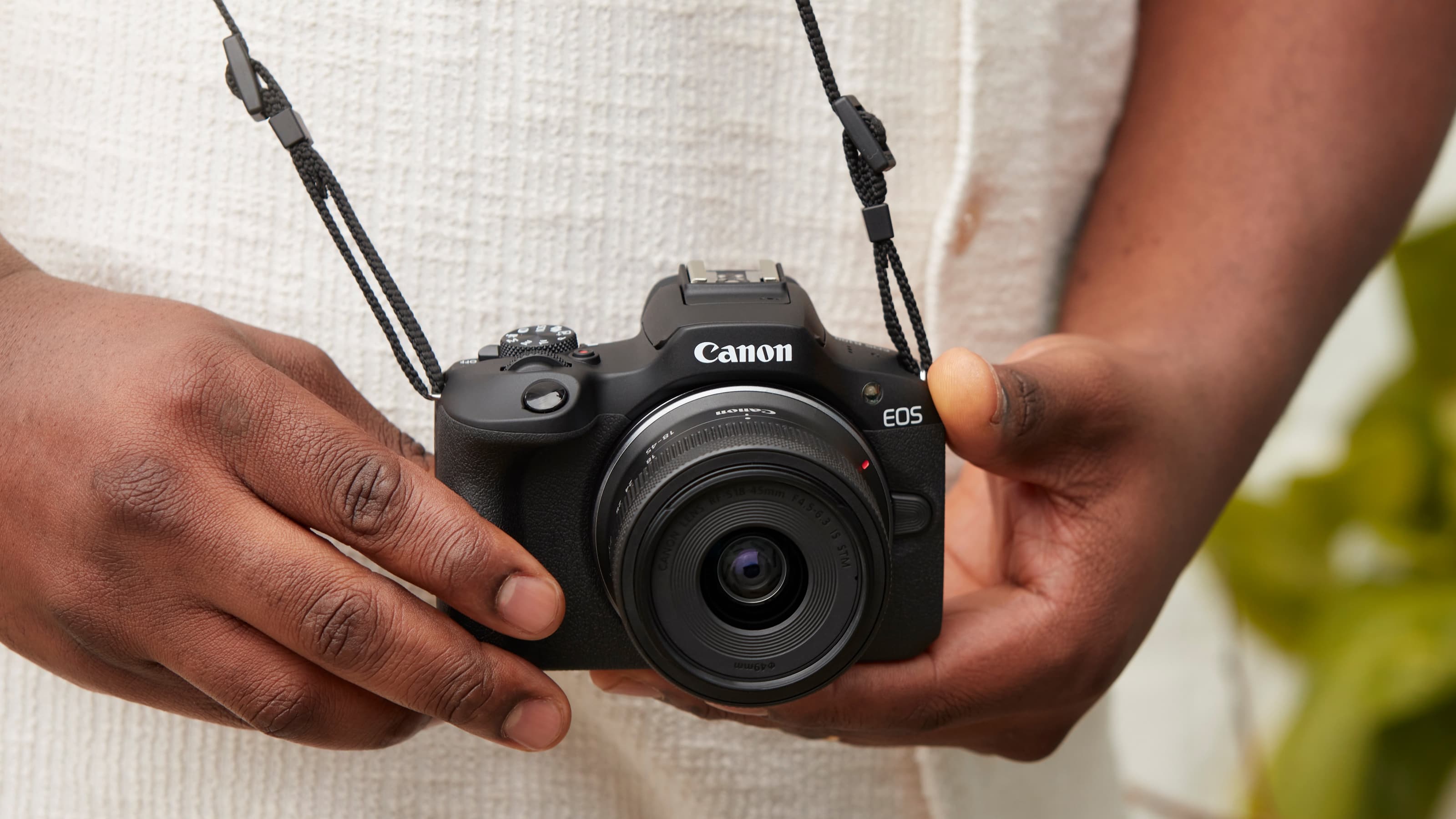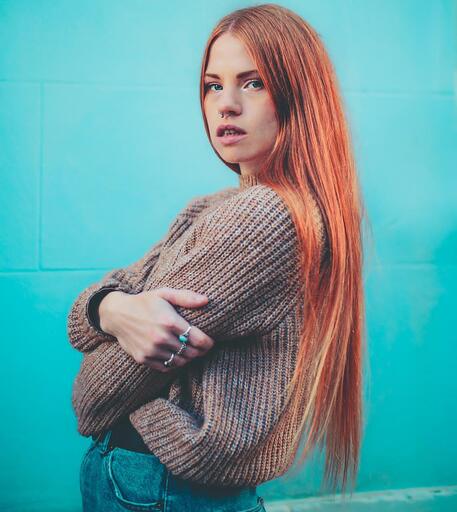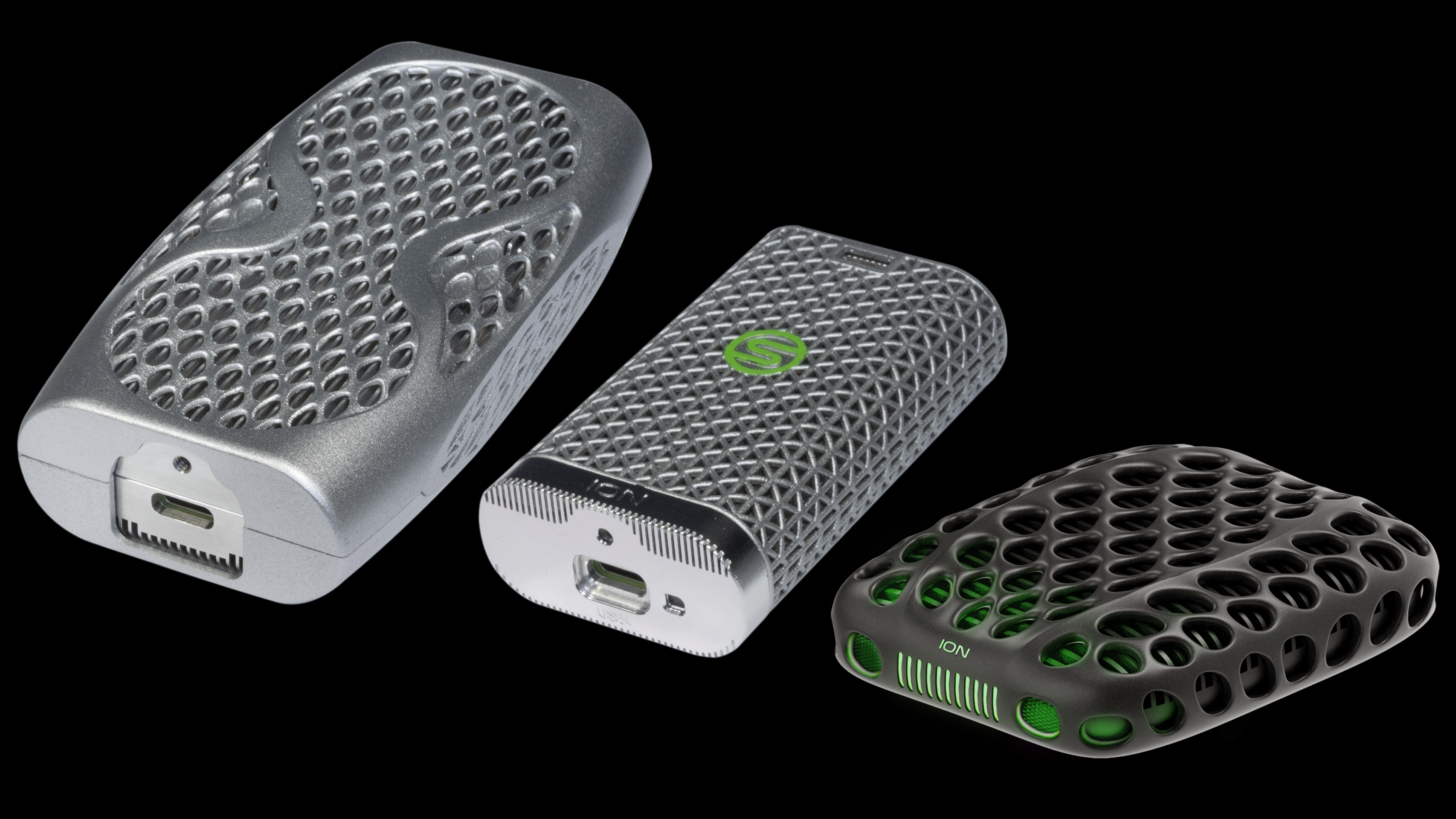Say goodbye to entry-level systems, and hello to feature-packed APS-C models
What's the point investing in a cheap entry-level camera when your phone can probably do just as good a job?

When was the last time you heard of one of the big-name camera brands release a true entry-level camera? Gone are the days where you could pick up a beginner DSLR for under half a grand with a lens. Today's "entry-level" systems aren’t even that entry-level at all – most of them have impressive autofocus systems, pretty high-resolution sensors, a lot of smart features such as eye and face tracking, and most lack a guided mode.
The best cameras for beginners have changed a lot since the Nikon D3200 or Canon EOS 600D were in their heyday. They offered newbie photographers an affordable, easy-to-use setup with dedicated tutorial modes, which were very helpful for learning how to shoot manually, create a blurred background or capture motion. More often than not, they lacked the high-precision autofocus systems that more professional cameras featured, the continuous burst mode was pretty slow, and the sensor resolution was nothing to shout about – but that was their charm, too.
Other than the Canon EOS R100 and the Olympus OM-D E-M10 Mark IV, I can’t think of any mirrorless camera that feels like it's truly aimed at the entry-level. Even the R100 has Dual Pixel CMOS AF, can shoot 4K 25p video, has a 24MP sensor and a continuos burst mode of 6.5fps. Its by far Canon's most basic mirrorless system, but it still has a lot going for it.
One of the reasons that entry-level cameras may not be as popular today is because there isn’t much demand for them. For most people, the best camera phones offer good enough quality and many even come with features that enable you to manually adjust exposure, aperture and even shoot in RAW.
The recent iPhone Photography Awards are proof that you don’t even need the latest phone to take impressive photos, so in many ways phones have almost replaced entry-level cameras. After all, why carry around a chunky DSLR when you can take a decent-enough photo with a pocket-sized device?
Another reason that entry-level systems aren’t as basic as they used to be is that camera brands want to give systems longevity. Currently the cheapest Fujifilm camera is the X-E4, after the Fujifilm X-T200 was discontinued due to poor sales. In a PetaPixel interview with Yujiro Igarashi from Fujifilm, David Etchells asked the divisional manager of the Imaging Solutions Divisions why Fujifilm seemed to have stopped its line of entry-level systems, and whether there was any demand for a lower-cost model.
"I think there’s potential there, but it’s a matter of the performance versus cost, if that makes sense. If we were to introduce such a product, we’d of course need to make sure that the image quality was good enough and the performance was good enough."
Get the Digital Camera World Newsletter
The best camera deals, reviews, product advice, and unmissable photography news, direct to your inbox!
Fujifilm believes that in order to keep customers, it should be offering camera systems that entice people to stick with them by balancing performance and image quality with cost. As Etchells remarks, there’s no point in making a cheap camera that gives people a bad experience.
I can understand why camera companies are focusing on making cameras with more advanced features. There might be a small population who feel like they are missing out on cheaper models but, ultimately, the entry-level DSLRs of yesteryear were quickly outgrown. If you really got a taste for photography, before long you'd want faster autofocus, more resolution and quicker burst modes – so in some ways it's better to spend a bit more once than to buy twice.
If money is tight, also check out the best cheap cameras that give you the best photographic features and image quality for your budget.

Having studied Journalism and Public Relations at the University of the West of England Hannah developed a love for photography through a module on photojournalism. She specializes in Portrait, Fashion and lifestyle photography but has more recently branched out in the world of stylized product photography. Hannah spent three years working at Wex Photo Video as a Senior Sales Assistant, using her experience and knowledge of cameras to help people buy the equipment that is right for them. With eight years experience working with studio lighting, Hannah has run many successful workshops teaching people how to use different lighting setups.
